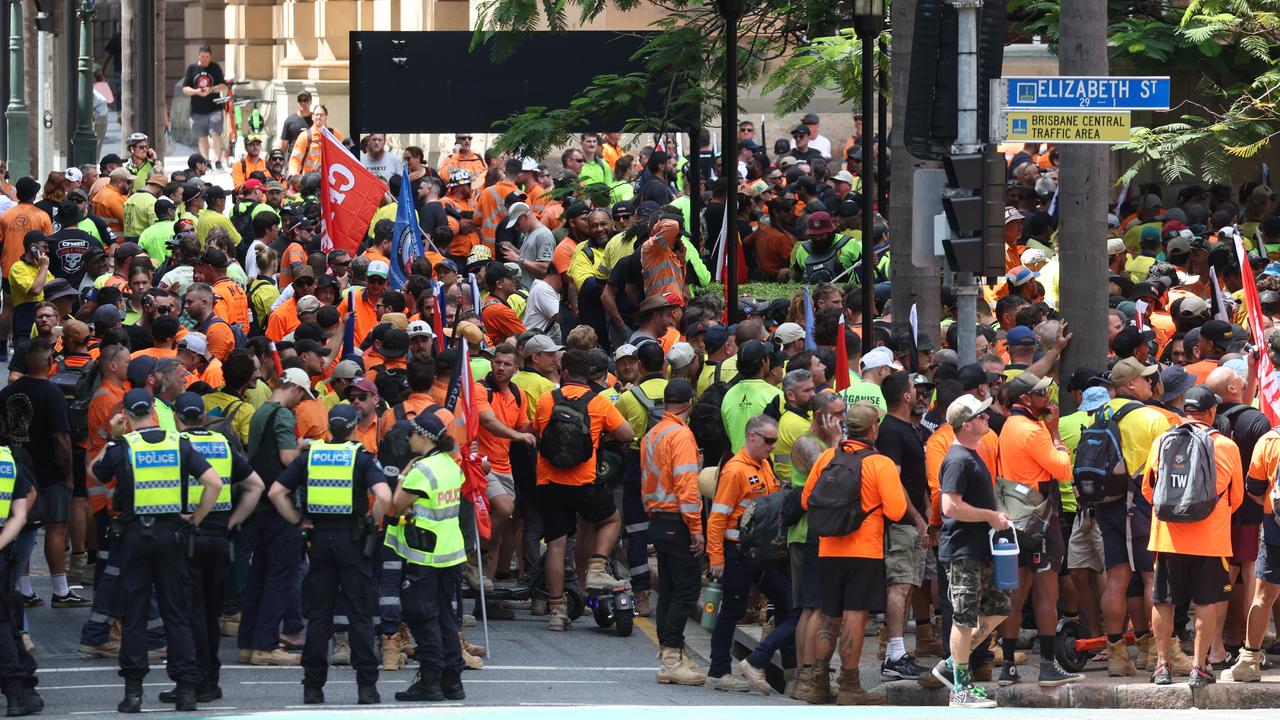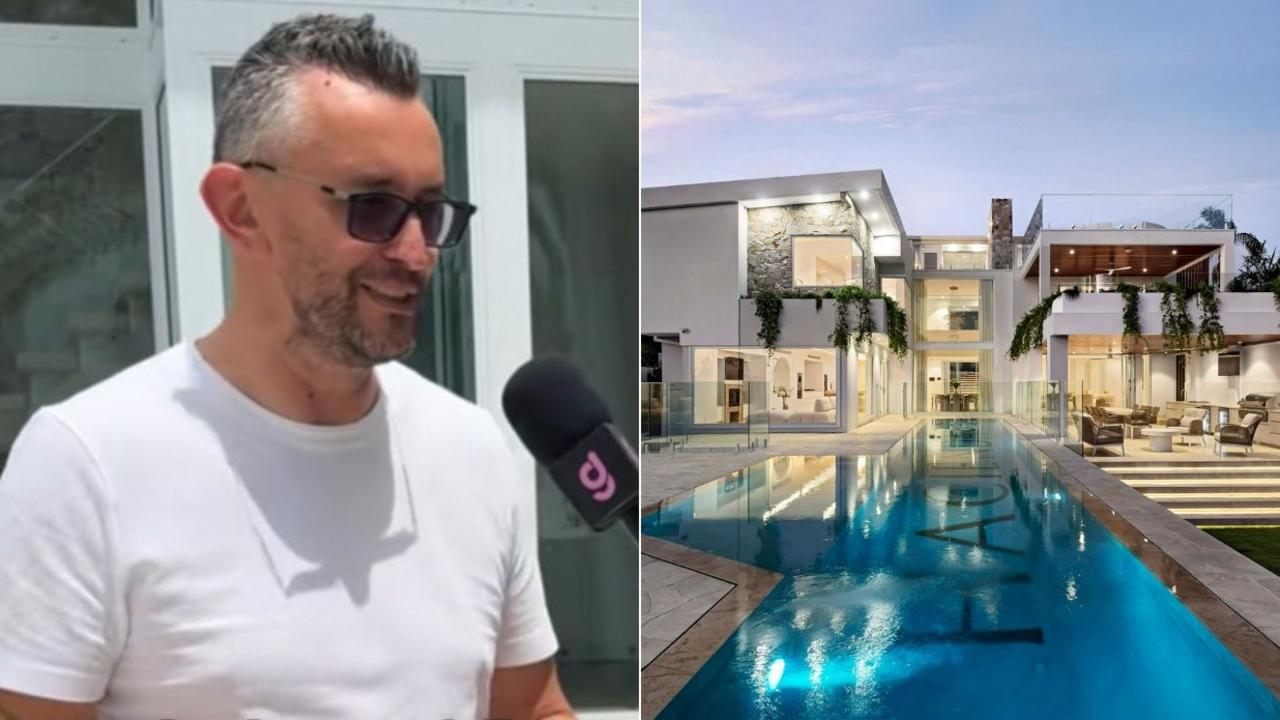Australian-first anaesthesia study for children starts in Queensland
Gladstone boy Zephyr, who’s had a cyst removed from his neck at Queensland Children’s Hospital, is part of a global study to help improve how children recover from anaesthesia and surgery.
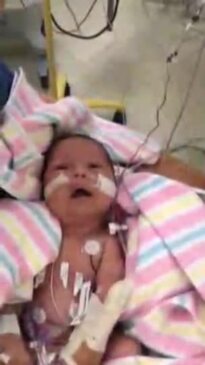
QLD News
Don't miss out on the headlines from QLD News. Followed categories will be added to My News.
A two-year-old Queensland boy is the first child in the country to trial a study that is set to measure how children recover from anaesthesia to improve follow-up treatments.
Zephyr Pieterse from Gladstone is now the first of 250 Australian children who will be recruited to take part in an international study that will test a surgery recovery checklist on 1000 children around the world aged between two and 16.
Zephyr was treated at the Queensland Children’s Hospital to have a small cyst removed from his neck and is now back home in Gladstone recovering with his family.
Mum Kristie Brandt said the checklist had been sent to her a number of times throughout the recovery process and after the first time filling it out, it now took just five or 10 minutes out of her day.
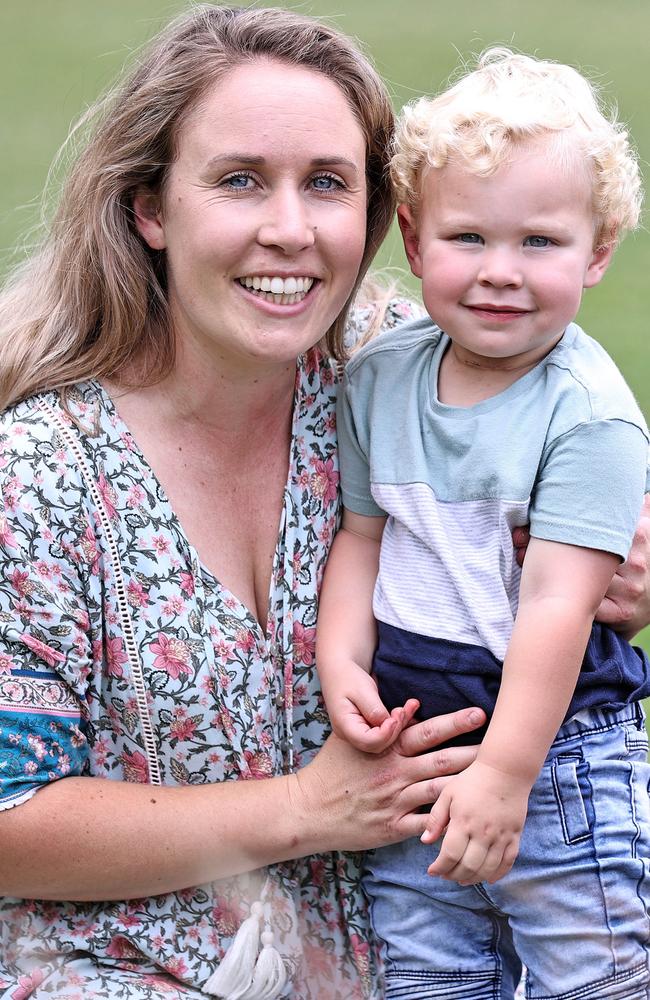
“I think it’s good they can see how he’s going,” she said.
“Obviously you don’t get to speak to a doctor every day, but it’s good they’re getting the information.
“Like they know he’s been eating and drinking and he’s having enough pain relief.”
Brisbane paediatric anaesthetist Dr Paul Lee-Archer, who is leading the Australian arm of the study, said the initial checklist had 50 questions that could be answered by children and caregivers at any point during the recovery process after surgery.
“As we do the research to test and refine, we can find which questions perform the best and represent the recovery process the best, and then hopefully reduce the checklist down to half of that,” he said.
Rather than just evaluating recovery in terms of the level of pain or side-effects, the trial aims to take a broader look at the process including psychological recovery, sleep, normal levels of activity and emotional aspects.
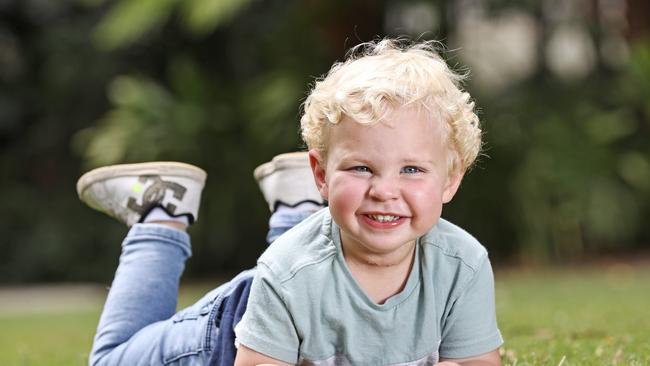
“We’re interested in creating a holistic measurement of recovery after anaesthesia in children,” Dr Lee-Archer said.
“Children are very different to adults; they have different psychological and emotional responses, depending on their age and maturity.”
Dr Lee-Archer said developing an assessment specifically for children was a complicated process because of the vast differences in maturity levels throughout different ages as well as taking into consideration that parents would be answering questions on behalf of younger children.
“The idea is that it would be a standardised end point or measurement that would be used in paediatric trials, and if everyone is using the same measurement then you can compare results much easier,” he said.
While hospitals currently use an adult assessment process, Dr Lee-Archer said there had been a lack of focus on children for a number of reasons.
“It’s harder to design something that’s suitable for all ages, and also if you go back 20 years, we measured success differently then,” he said.
“We thought if a child got through operations without complications, that was OK, but as anaesthesia has become safer, we’re looking at more nuanced methods of measurement.”


